Research shows that in the days leading up to a full moon, people go to bed later and sleep less, although the reasons are unclear.
If it takes you less than five minutes to fall asleep at night, you’re probably sleep-deprived. Ideally, falling asleep should take 10 to 15 minutes.
Tiredness peaks twice a day: Around 2 a.m. and 2 p.m. for most people. That’s why you’re less alert after lunch.
We are the only mammals that willingly delay sleep.
Stress, physical or mental illness, living or sleeping arrangements, family history, shift work, diet and exercise habits can all contribute to insomnia.
Finding it hard to get out of bed in the morning is a real condition called dysania. It may signal a nutritional deficiency, depression or other problems.
Insomnia is not defined by the sleep you lose each night, but by the drowsiness, difficulty concentrating, headaches, irritability and other problems it can cause each day.
English bulldogs are the only canines known to experience sleep apnea, a breathing disorder. Their unusual airway anatomy (short snouts and underbites) is likely the reason.
Being awake for 16 hours straight decreases your performance as much as if your blood alcohol level were .05% (the legal limit is .08%).
Going without sleep is likely to make you hungry as levels of leptin, an appetite-regulating hormone, fall.
Sleeping on the job is less of a problem in Japan. Companies may accept it as a sign of exhaustion from overwork.
Some car rental contracts make you promise not to drive on fewer than six hours of sleep.
Regular exercise usually improves your sleep patterns. Strenuous exercise right before bed may keep you awake.
Today, 75% of us dream in color. Before color television, just 15% of us did.
One of our biggest sleep distractions is 24-hour internet access.

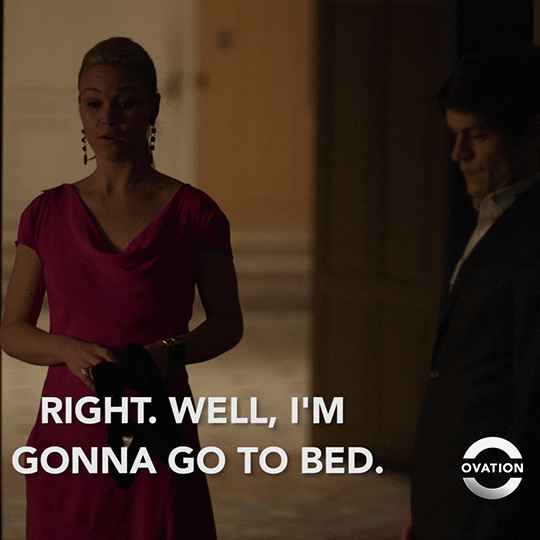
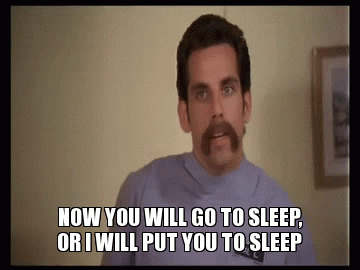
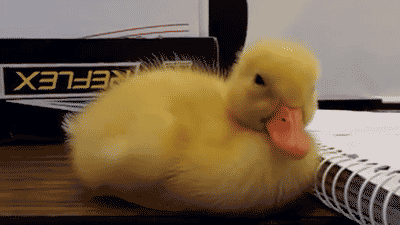
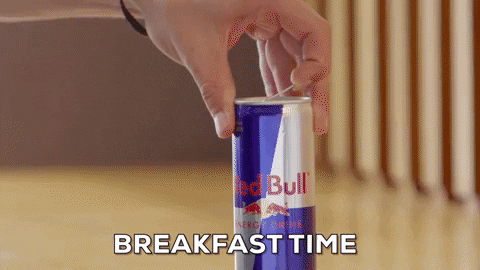
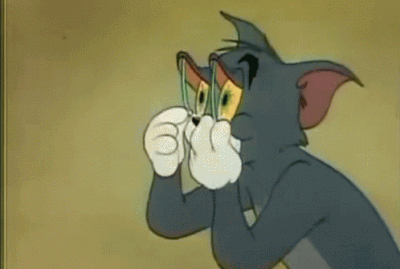
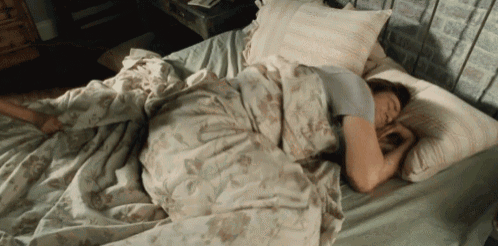
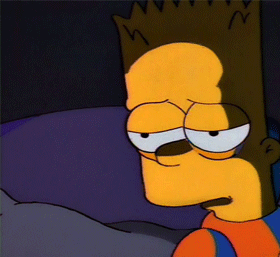
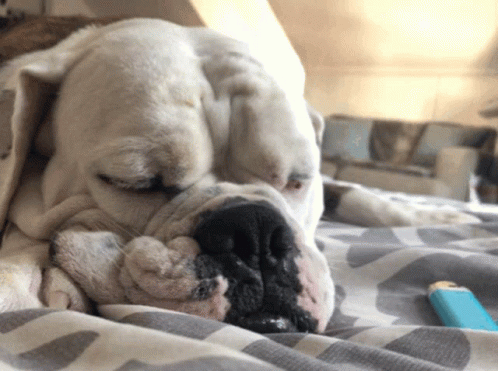
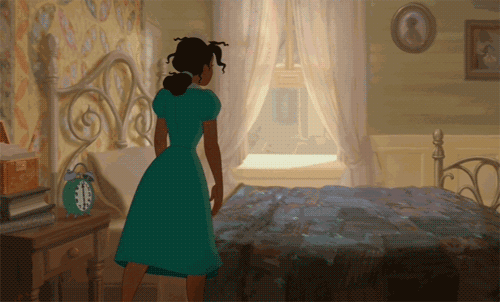
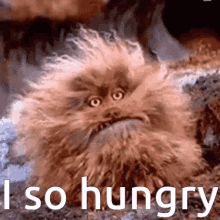
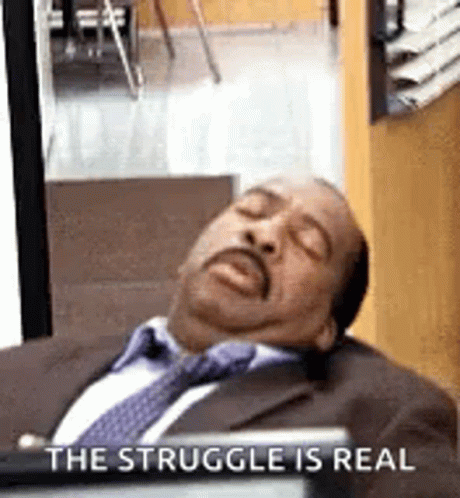
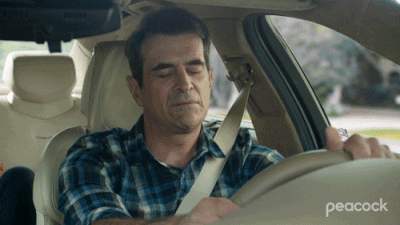
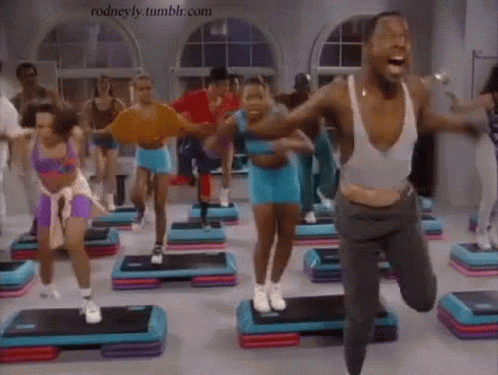

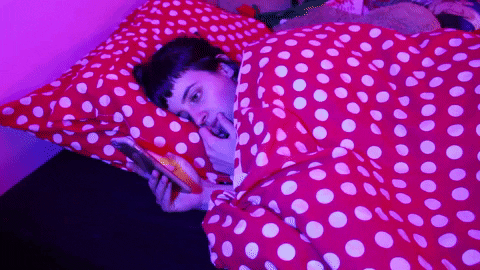



Late for work is not due to being slow in the morning, it's due to not being responsible. This is about about physically waking up. The work stuff was in the other dump.